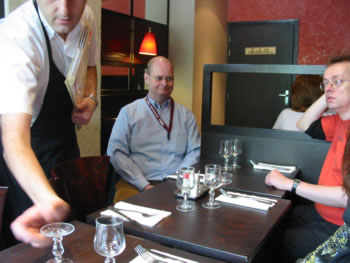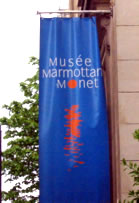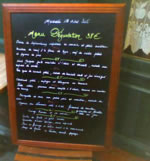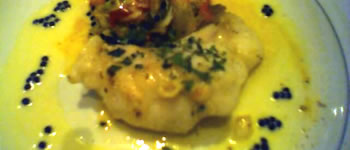To go with last night mussels (Basquaise, this time, with roasted pepper and onion and garlic and wine), I took a stab at tartiflette.
- Preheat oven. 350°.
- Or whatever. We should have a notation for "this recipe really wants 350°" vs "you're gonna want the oven to be on, so turn it on now".
- Peel a couple of large potatoes. Boil 20 minute. Drain, cool, dice.
- I used russets, because I had them on hand. I suspect that Yukon Gold's or red Bliss potatoes would be better. I'm learning that there are really two families of potatoes, waxy and floury, and though they're both good they aren't interchangeable. We really need two names, dont we?
- Dice a medium onion. Saute until brown. Add 4oz pancetta (slab bacon was called for, pancetta was what I had). Cook until brown.
- Add the potatoes, and a cup of wine. Cook 10 minutes.
- Spoon half the mixture into a souffle dish. Add a good handful or two of cheese. (The recipes calls for a pound (!) of reblochon, which is currently out of stock at the museum. I ended up using about 3oz of parmesan and a little creme fraiche) Add the rest of the potatoes. Top with some more cheese. Oven, 20 minute.
Eat. Drink nice wine. Worry tomorrow about serum cholesterol, which may in any case be highly overrated and not tied to dietary cholesterol anyway. And you aren't gonna eat this every day.
The interesting thing: I have absolutely no idea how this is supposed to look or taste. Pretty much like Clotilde's parmentier, but there I had a picture and there weren't enough ingredients or steps to wander very far from the straight and narrow of Clotilde's intention. Here, I'm wandering so far that I might not even be in the right township. It's late, the store has no reblochon, what's in the frig?

















